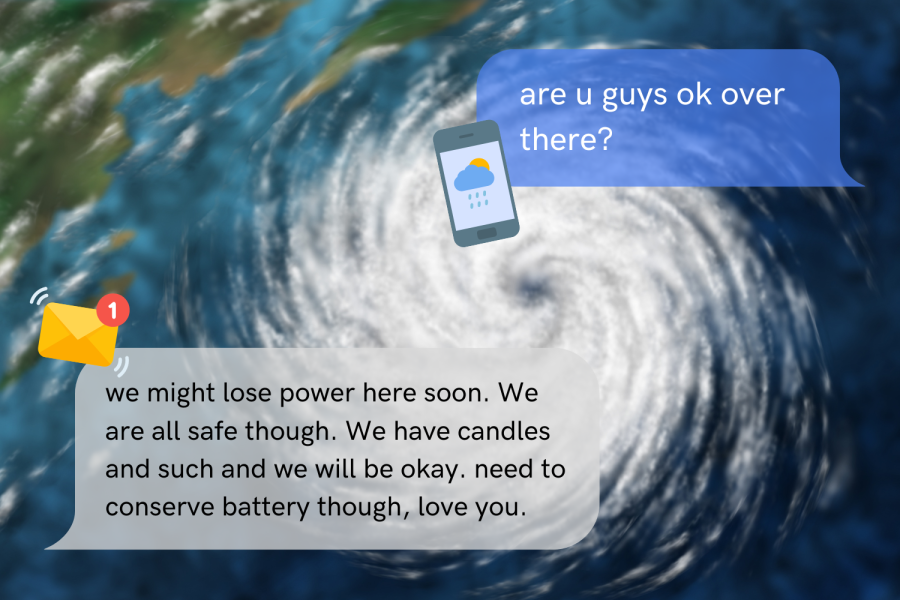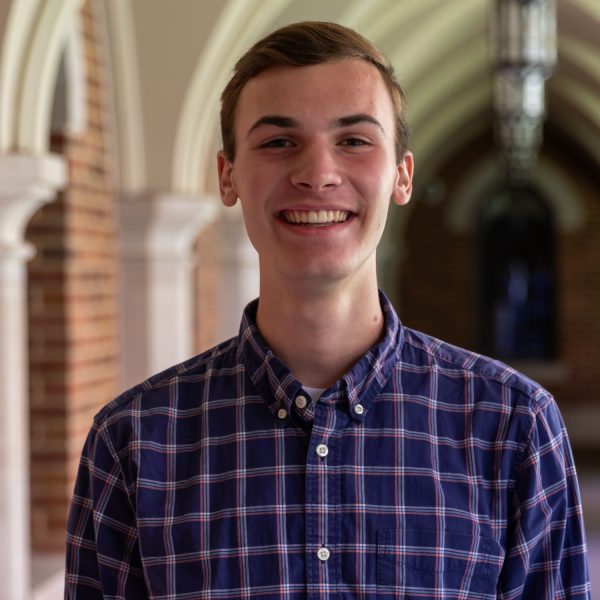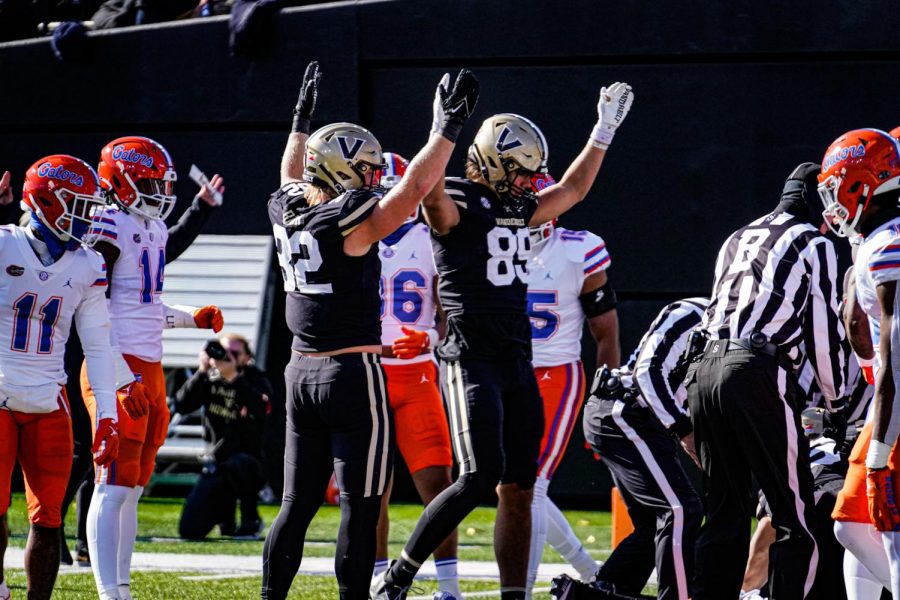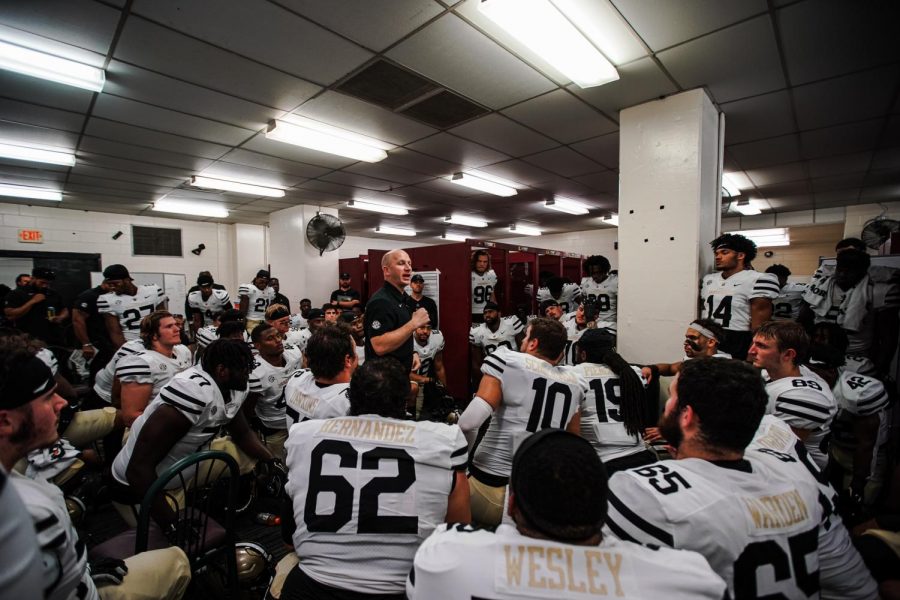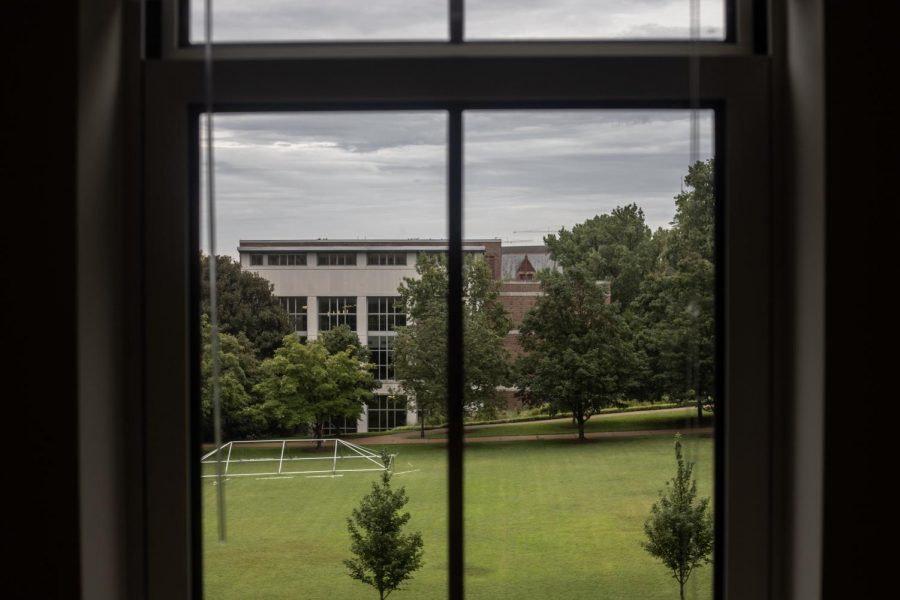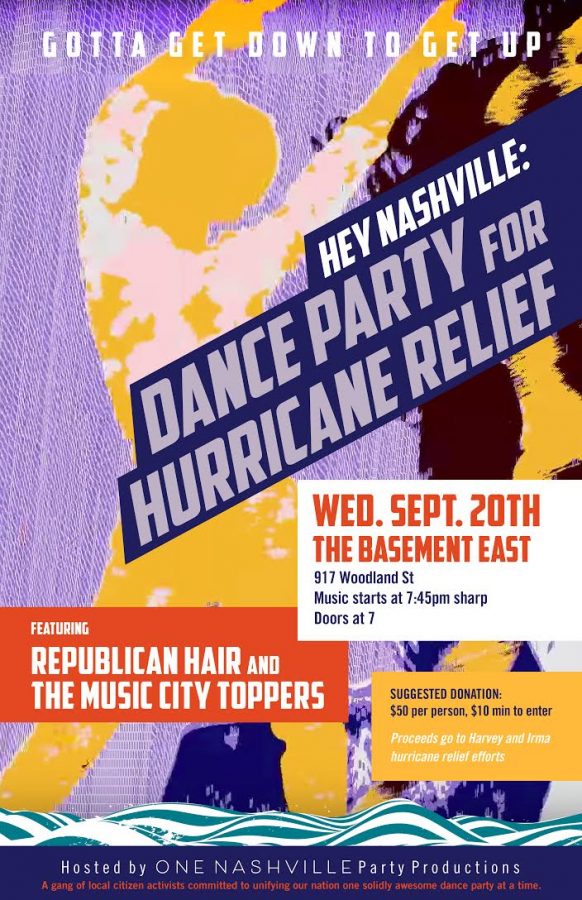At approximately 3:05 p.m. EDT on Sept. 28, Hurricane Ian made landfall as a Category 4 hurricane at Cayo Costa, Florida, with winds of up to 150 mph, according to the National Hurricane Center. The storm made its way northeast across the state throughout the afternoon, and a state of emergency was declared in Virginia, North Carolina and South Carolina.
Hurricane Ian made its initial landfall as a Category 3 hurricane in the Pinar Del Rio province of Cuba at 4:30 a.m. EDT on Sept. 27, with maximum sustained winds of 125 mph, according to the National Hurricane Center. The hurricane made its way across Cuba quickly and remained in the Gulf of Mexico until its landfall in Florida the next day. According to NPR, Hurricane Ian caused power and internet outages across Cuba that sparked protests from citizens concerned about power outages.
As of publication, Florida remains under a state of emergency issued by Governor Ron DeSantis when Tropical Depression Nine turned into Tropical Storm Ian on Sept. 24. According to the Florida Public Service Commission, power outages in the state peaked on Sept. 29 at nearly 2.7 million homes without power. Per a Sept. 30 press conference, Florida officials are working to respond and recover through search and rescue efforts, food and water distribution, repairing infrastructure and restoring power. As of Oct. 1, the Florida Medical Examiners Commission confirmed 44 deaths in Florida attributed to Hurricane Ian.
Ian was the first hurricane to make landfall in South Carolina since Hurricane Matthew in 2016, and peak winds reached 92 mph, per an Oct. 1 press conference. Storm surge reached its third highest value on record for the state, but there were no storm related deaths in the state, no hospitals were damaged, all water systems remained functional and electricity was restored at record pace, from almost 240,000 outages to about 35,000 in one day.
Per a press release from the North Carolina governor, there were four storm-related deaths in the state, and the power outage count peaked at 418,000. The state is working to clean up downed trees and power lines and restore power statewide. According to the National Hurricane Center, Hurricane Ian brought heavy rains to Virginia as it weakened and eventually began to dissipate throughout the day on Oct. 1.
In response to Hurricane Ian, Vanderbilt’s Student Care Network reached out to students from affected areas such as Florida and South Carolina to offer support and to outline available resources in a Sept. 28 email. According to the email, students can meet with a Care Coordinator via a drop-in session to learn more about these resources, which include emotional, mental, physical, spiritual and financial support through the University Counseling Center (UCC), the Critical Student Support Fund, the GriefNet Support Network through the Center for Spiritual and Religious Life, the Center for Student Wellbeing and Vanderbilt Telehealth.
Additionally, the Peabody Office of Student Engagement informed students that the UCC has a drop-in consultation program that will be prioritizing students affected by global and local events and natural disasters, including Hurricane Ian, flooding in other parts of the world such as Pakistan, Puerto Rico, the Dominican Republic and Cuba, political unrest in Iran and Russia and attacks on transgender rights in Tennessee.
Students whose families live in Florida reported feeling stressed about the effects of this storm. First-year Anika Shah said that her family was able to remain in their home and stay safe, but she worried about their wellbeing.
“My family stayed in their house in Tampa because of work, but I was really worried about them, and I got more worried as the news came out about how bad it was. Luckily, there was only minimal damage,” Shah said. “Part of our pool area flew off, a couple trees are down and they haven’t had power for three days, but that’s very minimal compared to a lot of people in the Fort Myers area.”
Other students from around the state were concerned about the safety of their friends and family, but said they felt “helpless.” Senior Hershey Rajpal is from the greater Fort Lauderdale, Florida, area and was worried when she learned that people were being forced to evacuate.
“One of my best friends goes to medical school at the University of Florida, and she had to evacuate and come back to south Florida because the flooding was very dangerous,” Rajpal said. “It feels pretty scary knowing that I can’t really do anything from here. Hurricane season comes every year, but it’s been way worse this year, so I feel kind of helpless.”
Rajpal added that she appreciates the support of her Vanderbilt community, as she has had many people reach out to her to ensure her family is safe. Other students, like first-year Zach Fleisch, said they were also worried about their friends who attend universities in Florida.
“Back at home it’s not too bad, just a lot of rain and wind and a couple of tornadoes here and there. One of my friends had his whole back patio torn up by a tornado,” Fleisch said. “It was much worse for my friends at college on the west coast in Tallahassee, Gainesville, and Tampa. They all had to come home for the week.”
Fleish added that hurricanes have become a norm in his home state of Florida. The National Oceanic and Atmospheric Administration predicted a 60% chance of this hurricane season being an above-normal Atlantic hurricane season, with a 30% chance of a near-normal season and a 10% chance of a below-normal season.
“It’s weird not to be a part of the hurricane because it’s part of our culture back in Florida,” Fleish said. “We get together for it and hang out as a bonding thing, but I feel like I’m not really part of it here. It made me a little bit homesick, surprisingly.”
Sophomore Bella Land from South Carolina similarly felt concerned about Hurricane Ian as it moved northward.
“It was really bad at the beach where my grandparents and some of my other relatives live. The beach area was completely flooded out, and a lot of them had to evacuate. My great aunt lives on Pawleys Island, and they’re still not letting people back on the island. A big pine tree fell on my grandparent’s house, but luckily it did not go through, and they’re doing okay,” Land said. “My friend who lives in my suite is from Tampa, and she was really worried about her grandmother, who lives in a nursing home and had to evacuate.”
The effects of Hurricane Ian are not limited to students. Psychology professor Elisabeth Sandberg said that the storm was a source of stress for her because her daughter attends Eckerd College in St. Petersburg, Florida, where the hurricane was originally supposed to make landfall.
“Leading into the hurricane, the cone of uncertainty was so huge that we spent a week talking about all the what if scenarios, which was exhausting and stressful,” Sandberg said. “[My daughter’s] college evacuated everyone officially on Monday [Sept. 26]. She decided in advance to go into central Georgia on Sunday with her friend, an elderly dog, an elderly cat, a rabbit and a toad. She is beyond despondent because she made the decision to leave her tropical fish behind, and as the clock ticks, she’s more and more sure that she’ll return to a tank of dead tropical fish.”
Sandberg said that it has been challenging for her daughter to live in a hotel with all these animals and to find meals for five days. Dealing with this hurricane has also allowed Sandberg to come to terms with the reality of natural disasters.
“We are at the mercy of Mother Nature always. [Seeing] little tropical depressions in the ocean weeks in advance is just anxiety provoking,” Sandberg said.











